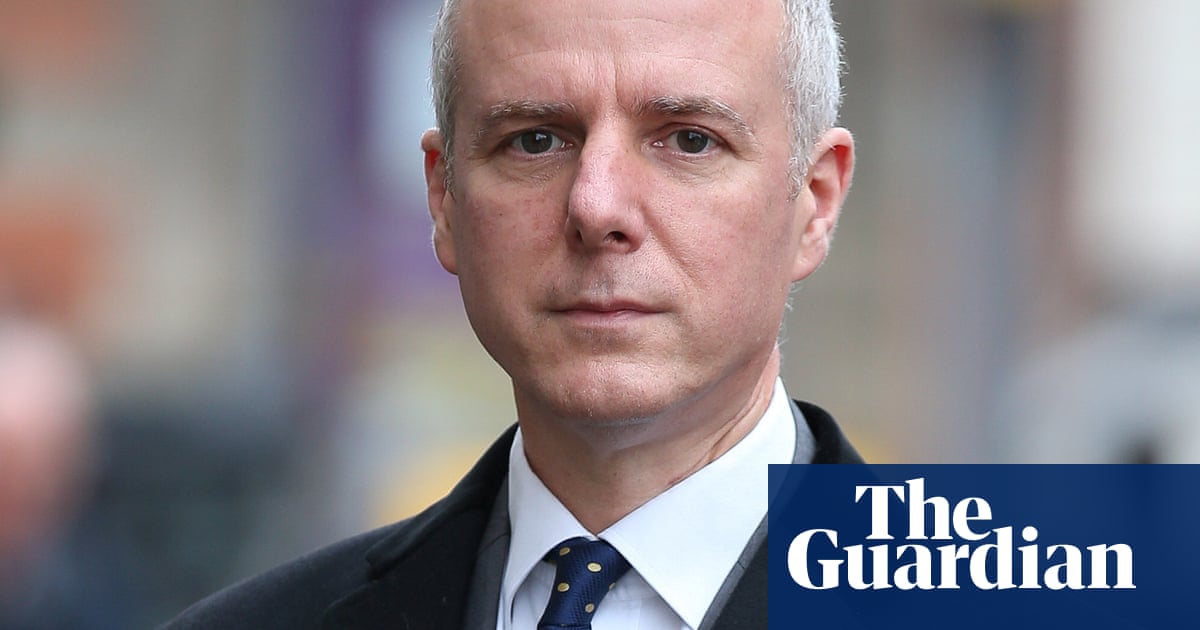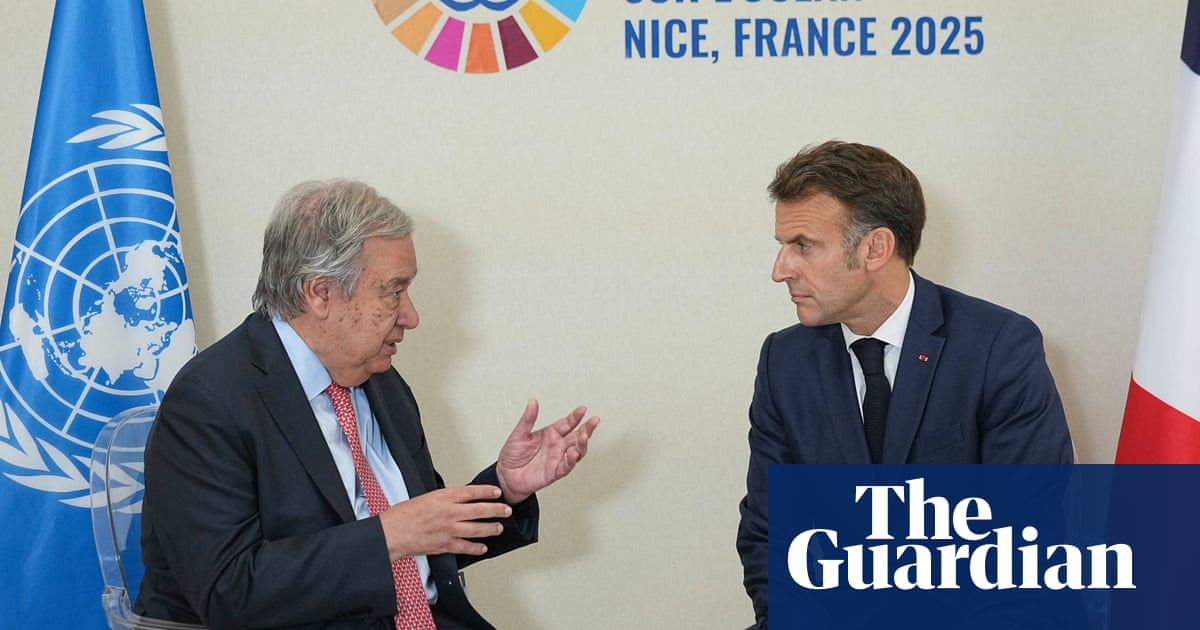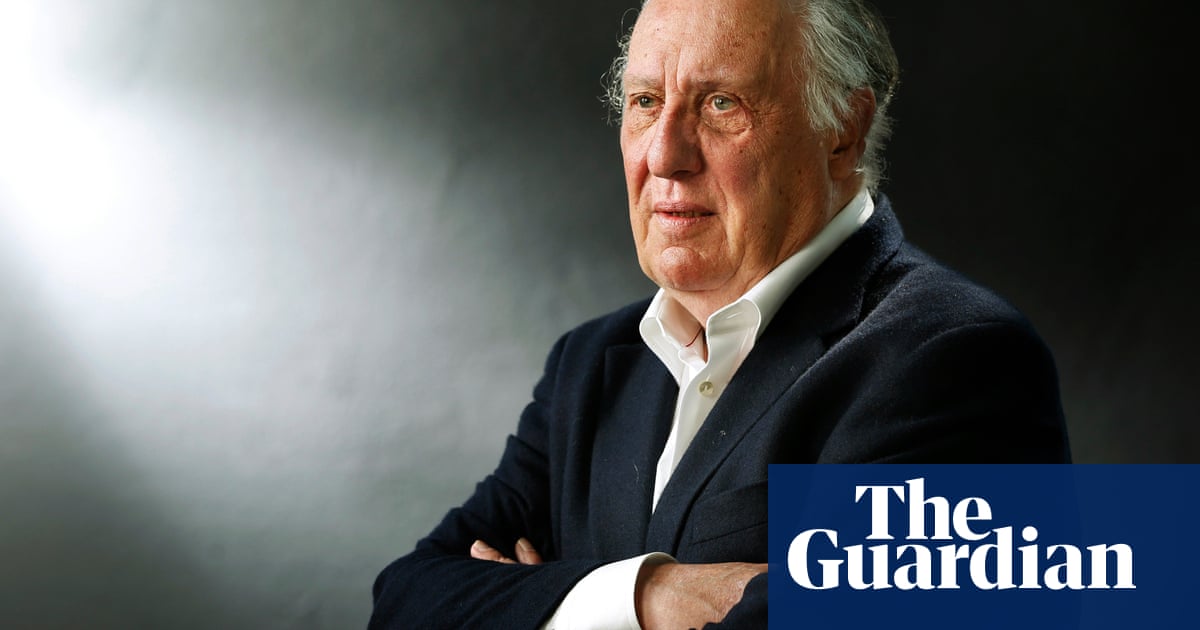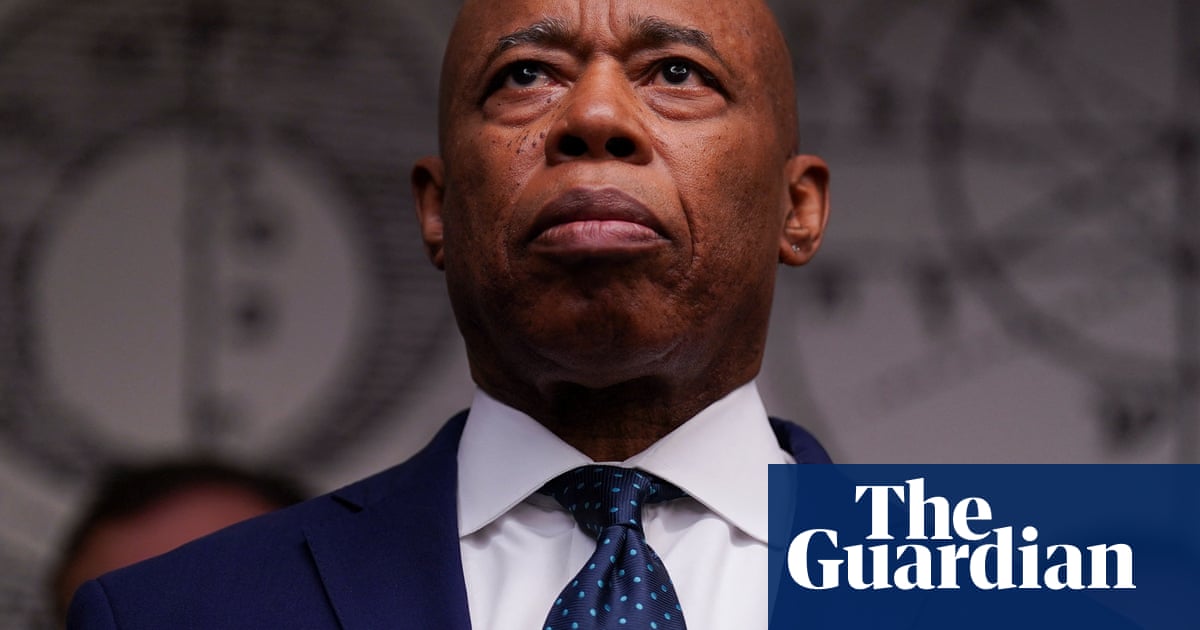When the unauthorised, warts-and-all biography of the Beckhams, The House of Beckham, came out last year, it was in the distinctive style of its author, Tom Bower, which is to say, incredibly mean. But it was quite short of warts, to be honest: of course, there were youthful indiscretions – David Beckham’s Madrid years featured an alleged affair and an insufficient tip in a restaurant, and Posh once made a TV show that people didn’t like. But the Beckhams of today were guilty of nothing greater than that they wanted a knighthood, and had done for a really long time.
That was why, according to Bower, David volunteered to help in the Philippines after the 2013 Typhoon Haiyan, and why Victoria gave all her castoffs to the Chelsea Red Cross which raised some eyebrows at the time, just because the last imaginable thing you would need after being hit by a typhoon would be 78 pairs of cerise stilettos. That was why David had reportedly “unleashed his foul-mouthed tirade” (to use the proper tabloid phrase) by email once his honour was rejected, calling the honours committee a “bunch of cunts” and lambasting Katherine Jenkins because she got an OBE “for what? Singing at the rugby and going to see the troops plus taking coke. F—ing joke.”
Becks had a point. In the 2010s – if the highest honour is reserved for those who are nationally significant, inspirational, and have demonstrated commitment at the highest level - it was hard to think of anyone who did more football, in a more committed fashion and noticeable way, than he. If there’s a tacit clause about charitable works, he had definitely done some of that, and if he hadn’t done enough, they should have just produced some time sheets and minimum spend numbers, and he could have done more. If the real block on the honour was that Posh and Becks had thrones made of gold at their wedding in 1999, which apparently annoyed Prince Philip so much that he declined to sit on a throne at the subsequent Jubilee, well, it was surely time that everyone with a throne of any kind just got over themselves.
As is almost always the case with anything connected to the British aristocracy, it was impossible to pick a side. The honours committee has a conception of seemly public behaviour, and generally speaking, they go the opposite way to any normal member of the British public, who don’t mind “foul-mouthed tirades” but do mind sycophancy and incompetence, and consequently would much prefer to see Danny Dyer knighted than almost any name on the honours list of the past five departing prime ministers.
Yet at the same time, it is tragic to want an honour in the first place, given that it pretends access to the nobility yet is completely ersatz; a fake VIP room where the champagne is fizzy apple juice and the really important people are in a different building. The culture of class deference is sustained on ideas that cannot be said out loud or even directly beheld, because they are too stupid: such as, “Some people are born better than others, because they have a lineage going back to William the Conqueror”; such as, “Great wealth connotes some endogenous personal merit, but only if you came by it the right way, several centuries ago and with violence”. By definition, you can’t enter that system late, and in the very act of trying, you reveal how little you understand it. Which is fine, because to understand it and still want it would make you ridiculous, yet to want it uncomprehendingly still looks pretty foolish.
As the Beckhams finally get what they’ve always wanted, apparently, what does it say about the institutions that put so much energy into blocking them? Have they finally run out of the energy it takes to make their minute distinctions? Or have they decided that it somehow works for the preservation of the system, to dignify a person only after they have waited an undignified amount of time? This might be the final, unique power of the British class system – the ability to make everyone who goes anywhere near it, in any capacity, look absurd, and at the same time, everyone who objects to it, at whatever volume, sound wholemeal and worthy. It’s the last act of national unification, in which we all look as bad as one another.

 2 hours ago
1
2 hours ago
1

















































